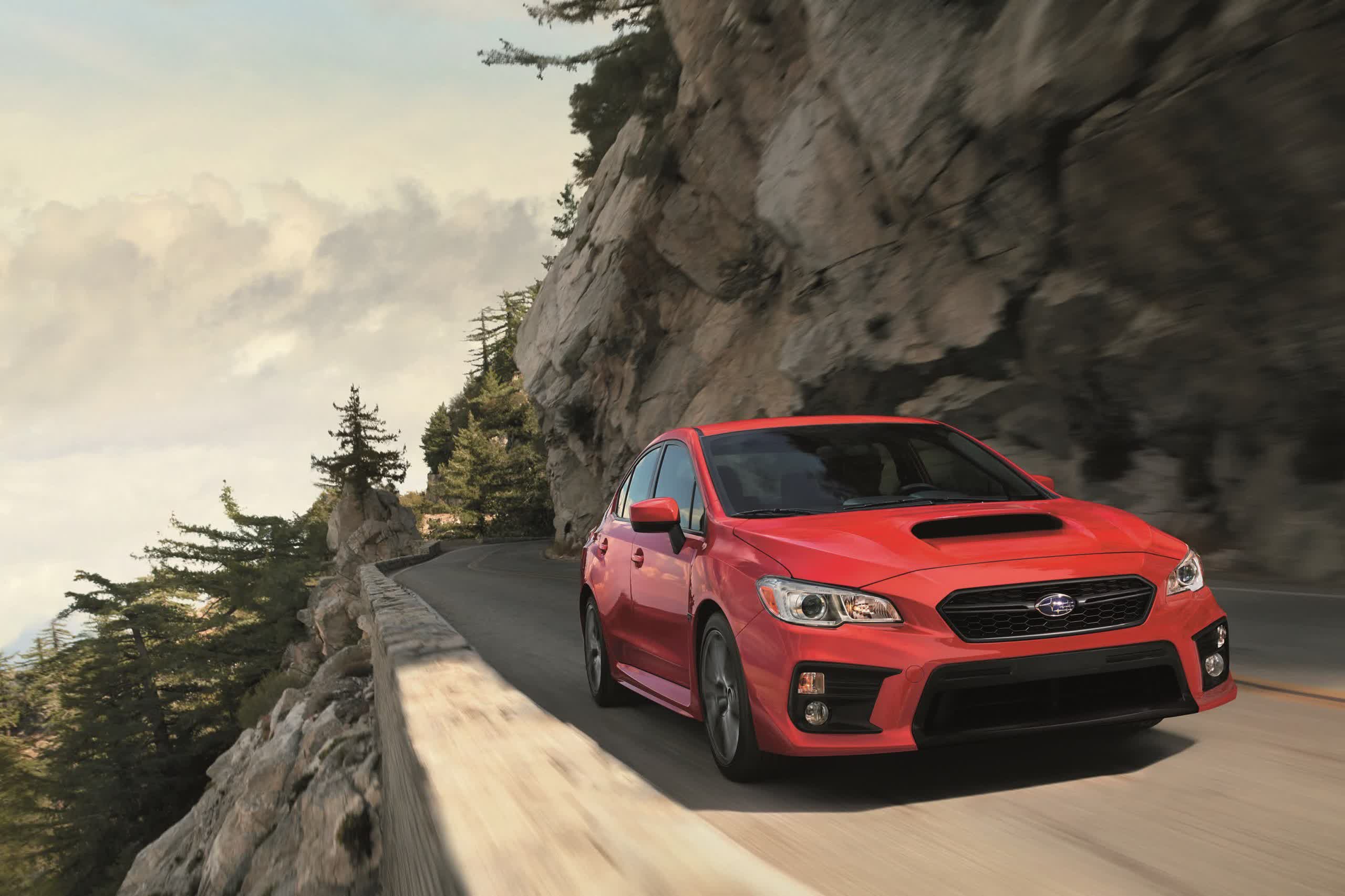Common misconception: It stands to reason that electric vehicle powertrains should have fewer problems than internal combustion engines. After all, they don't have to withstand thousands of tiny explosions every second the motor runs. In fact, unlike ICE-driven vehicles, there are no moving parts or other stressors while the car is idling.

Unfortunately, it seems that aside from hybrids, plug-in hybrids (PHEVs) and fully electric vehicles (EVs) are far less reliable than combustion engines. The study comes from reliable consumer watchdog Consumer Reports. In a recent survey, CR studied 330,000 vehicles, looking at 20 common automotive issues, from minor problems like squeaky brakes to major repairs like out-of-warranty engine and transmission problems. It ranked each car from zero to 100 on reliability, taking severity into account.
On a scale of 0-100, electric cars earned an average score of 44. Electric SUVs had only slightly more problems, with a score of 43. Electric trucks were on the bottom of all EVs only scoring 30.
Examining the trouble areas, CR found that EVs had 79 percent more issues than gas-powered rigs. Plug-in hybrids were even worse, proving 146 percent less reliable than ICE vehicles. The biggest loser in the PHEV category was the Crysler Pacifica, earning an industry-low reliability score of 14.

The Chrysler Pacifica had the lowest reliability score of all makes and models.
Surprisingly, regular hybrids (EVs that don't require charging between trips) were the most reliable category, having 26 percent fewer issues than ICE powertrains. Consumer Reports claims the better reliability scores for hybrids come from 25 years of refinement.
"Hybrids continue to surpass EVs and ICE vehicles for reliability even though hybrids are more complex with gas-powered engines supplemented by an electric drive system," explained Jake Fisher, senior director of auto testing at CR. "This is because hybrid technology is now over 25 years old and is offered mainly from the most reliable automakers."
Consumer Reports found Lexus was the most reliable brand, with an average score of 79. Toyota (76) and Mini (71) took second and third, respectively. Honda and its luxury brand Acura tied for fourth place, each scoring 70, and Subaru just missed the top five with a 69.
By region, Japan continues to lead in overall reliability with a score of 63 – that's 17 points ahead of second-ranked Europe with 46. The top 10 most reliable makes come from Japan and Europe, seven to three, respectively. Stateside automakers trail behind with a miserable average reliability score of 39 and not having a single car in the top 10.
The five least reliable manufacturers were Jeep (26), Volkswagen (26), Rivian (24), Mercedes-Benz (23), and Chrysler (18). Bear in mind that these are average scores and that most manufacturers, including US automakers, had models scoring above average overall.
Consumer Reports advises those looking to go electric to not get in a hurry. Buyers should look into reviews and identify problems other customers have experienced before pouncing on a deal, especially for first-year models.
"As our data has consistently shown, reliability-minded consumers would be best served by forgoing brand new vehicles in their first model year," said Fisher. "EVs are still in their relative infancy as mainstream vehicles, so it's really not surprising that manufacturers, by and large, are still working out the kinks."